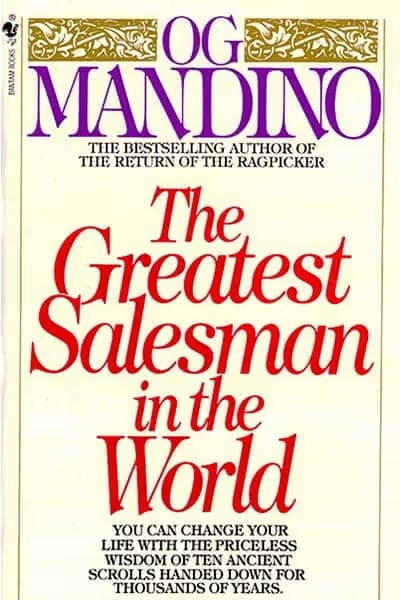Strangers to Ourselves
"Know thyself," a precept as old as Socrates, is still good advice. But is introspection the best path to self-knowledge? What are we trying to discover, anyway? In an eye-opening tour of the unconscious, as contemporary psychological science has redefined it, Timothy D. Wilson introduces us to a hidden mental world of judgments, feelings, and motives that introspection may never show us.
This is not your psychoanalyst's unconscious. The adaptive unconscious that empirical psychology has revealed, and that Wilson describes, is much more than a repository of primitive drives and conflict-ridden memories. It is a set of pervasive, sophisticated mental processes that size up our worlds, set goals, and initiate action, all while we are consciously thinking about something else.
If we don't know ourselves―our potentials, feelings, or motives―it is most often, Wilson tells us, because we have developed a plausible story about ourselves that is out of touch with our adaptive unconscious. Citing evidence that too much introspection can actually do damage, Wilson makes the case for better ways of discovering our unconscious selves. If you want to know who you are or what you feel or what you're like, Wilson advises, pay attention to what you actually do and what other people think about you. Showing us an unconscious more powerful than Freud's, and even more pervasive in our daily life, Strangers to Ourselves marks a revolution in how we know ourselves.
How well do we really know ourselves? Turns out that the conscious mind is the tip of the iceberg when we're deciding how to act and behave.
We know very little about the brain, and most of the time, we can't decipher our most basic human motivation levers and decision-making models. Timothy D. Wilson is a Social Psychology Professor at the frontier of exploring the evolution of the idea of the unconscious.
Strangers to Ourselves really gets in the weeds here and will change the way you think about how you think. Drawing on years of psychology research, Wilson argues that our unconscious minds are much more capable of driving our behaviour than we previously imagined in Freudian or Behaviorist branches of psychology.
If you're a UX designer, marketer or entrepreneur, this book contains some invaluable insights into human psychology, one of the major components to be attentive to when crafting user experiences.
“[Wilson’s] book is what popular psychology ought to be (and rarely is): thoughtful, beautifully written, and full of unexpected insights.”—Malcolm Gladwell, author of Outliers
Just as we possess a potent physical immune system that protects us from threats to our physical well-being, so do we possess a potent psychological immune system that protects us from threats to our psychological well-being. When it comes to maintaining a sense of well-being, each of us is the ultimate spin doctor.























































